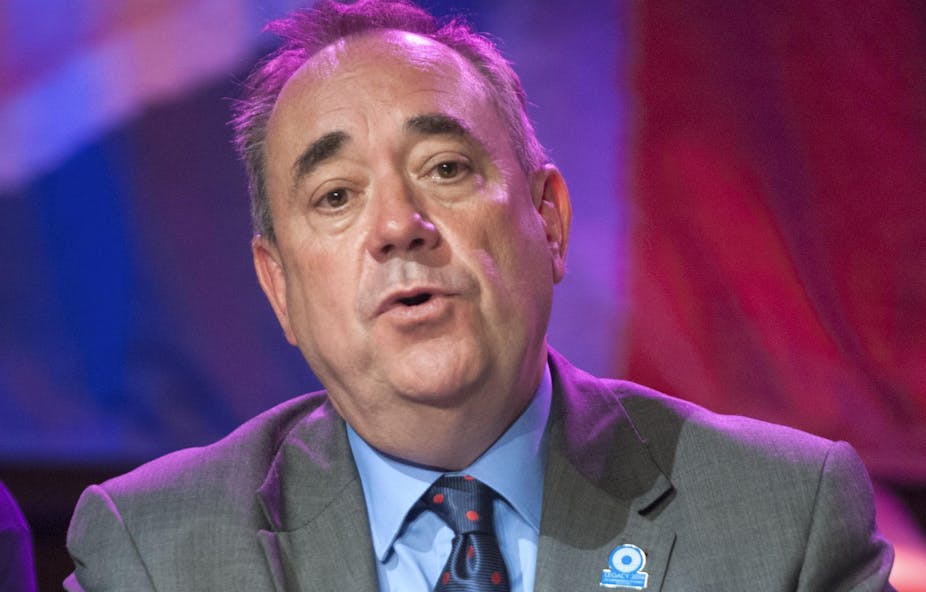General elections can be divided into a long campaign that can run from as early as the previous poll and the more intense short campaign that kicks off towards the end. The Scottish independence referendum has differed from a general election in many respects, not least in that the long campaign has been very intense.
But the evening of August 5 will see the short campaign getting properly underway with the debate on Scottish Television between the country’s first minister, Alex Salmond, who is seeking a yes to Scottish independence, and Alistair Darling, the former Chancellor of the Exchequer who is leading the campaign for a no vote that would keep Scotland in the United Kingdom.
Following the interlude of the Commonwealth Games, it will undoubtedly still mark an intensification compared to what has gone before. The debate itself is unlikely to change many minds but each side will expend much energy trying to convince us it won. It seems unlikely that a clear winner will emerge in a debate between two such experienced politicians. And even if one is deemed to have outperformed the other, it may mean little.
Nick Clegg showed this in 2010 when he was regarded as the winner in the TV debates but his party’s performance at the election hardly suggested so (contrary to an impressive surge in the opinion polls the month before).
Town criers
This professional debate won’t necessarily compare favourably with the dynamism and unpredictability of the ones that have been taking place across Scotland in recent months. What we have witnessed in villages, towns and cities across Scotland has been a remarkable renewal of Scottish democracy as campaigners, especially on the yes side, have engaged with the public in well attended meetings and events.

The town-hall meeting, once thought to be dead, has been revived in this referendum. The issues raised in these meetings have often been unpredictable, unscripted and ranged far and wide, often departing from the formal referendum question of whether Scotland should be an independent country. Instead it has presented the best opportunity in many years for Scots to discuss what kind of society they want, though any reader of the press might be forgiven for being unaware of these wider debates.
City strictures
In contrast, the period from August 5 onwards is likely to be dominated by the leaders of the campaigns and the political parties. The broadcast media will become the dominant domain during the short campaign. Bound by regulations ensuring neutrality, this is likely to be a fairly sanitised and professional campaign, albeit heated and highly adversarial. As well as this debate, the two sides are in negotiations over holding others on the BBC and Channel 4.
The likelihood of new issues emerging on the referendum agenda seems slim, even though new angles on existing issues might well crop up. Each side has its preferred focus. Setting the news agenda will be at least as important as ensuring equality in the number of broadcast minutes allocated, since it will matter more to either side than having time to refute a criticism.
We can expect the familiar competition of lists of supporters. Celebrity endorsements can help a campaign in a “Heineken way” – a famous actor, singer or sportsperson can refresh parts of the electorate that politicians cannot reach.
But competing to see who has the longest list of celebrities is unlikely to change voters’ minds. More generally, the campaign groups have also had ample time to identify support. The challenge in the short campaign will be to mobilise that support and get it to the polls. That is what the weeks leading up to September 18 will be all about.

